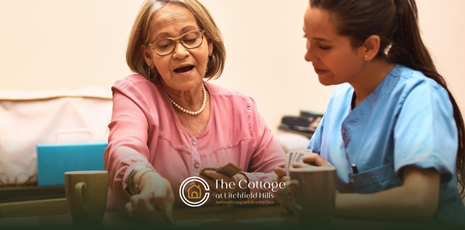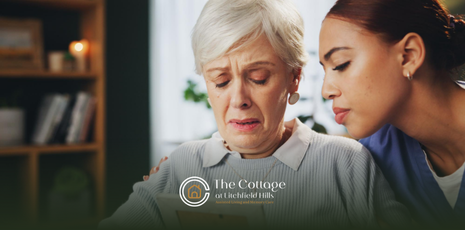Who Is Legally Responsible for Elderly Parents?

Caring for elderly parents involves both moral and, in some cases, legal responsibilities. The legal duty often depends on state laws, family agreements, and the senior’s needs. Key points include:
- Adult Children: In many states, adult children may be legally obligated to provide care or financial support for aging parents under “filial responsibility” laws.
- Spouses: A spouse may have primary caregiving responsibilities, especially for daily care and medical decisions.
- Guardians or Legal Representatives: If parents are unable to manage their own affairs, a court-appointed guardian or power of attorney may handle medical, financial, and personal care decisions.
- Professional Caregivers: Families can hire in-home caregivers or use senior living services to meet daily needs while complying with legal obligations.
Understanding legal responsibilities helps families plan care effectively and avoid potential legal issues. Senior living communities often provide comprehensive support, helping families meet both care and legal obligations.
At The Cottage at Litchfield Hills, we’re here to guide families with resources and support every step of the way.
Frequently Asked Questions
Are children legally required to care for their elderly parents?
In some states, filial responsibility laws require adult children to provide support.
What happens if a parent cannot make decisions?
A legal guardian or power of attorney can manage care and finances.
Can families hire professional caregivers?
Yes, hiring caregivers or using senior living services is a common solution.
Sources:
- https://www.uchealth.org/today/aging-parents-what-to-do-when-parents-need-more-care-than-you-can-provide/






